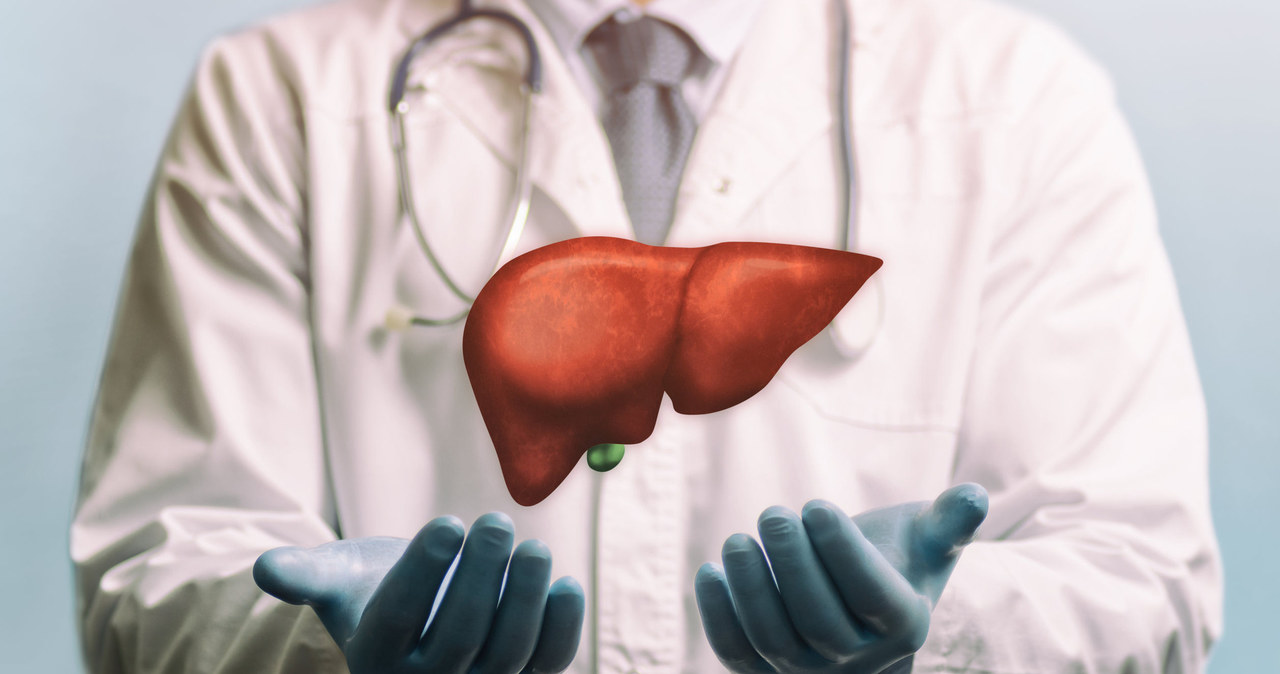The European Space Agency (ESA) is accelerating a mission called Ramses. Its goal, space.com reports, is to reach the asteroid Apophis. In 2029, the object will be very close to Earth, closer than geostationary satellites.
RAMSES (Rapid Space Safety Apophis Mission) is a mission that aims to deepen knowledge about asteroids orbiting near Earth. The research aims to answer the question of how an asteroid would change its trajectory if it were on a collision course with our planet. ESA scientists have already received permission to start planning the mission, although approval and funding are likely to come in November 2025. According to the agency, in order to reach Apophis in February 2029, the launch must take place in April 2028.
Apophis will be the subject of research.
The object of research will be an asteroid that will be very close to the Earth – on April 13, 2029, it will pass our planet at a distance of 31,860 kilometers. For comparison, the orbit of geostationary satellites is 35,786 kilometers above the Earth’s surface. It is estimated that such close passes of asteroids occur on average once every 5 to 10 thousand years.
Asteroid Apophis’ approach to Earth will occur on Friday, April 13, 2029NASA/JPL-Caltech
Apophis, discovered in 2004, is considered one of the most dangerous asteroids. Initially, it was feared that it would hit Earth in 2029, 2036 or 2068. Thanks to radar observations, astronomers have found that the risk of it hitting the planet’s surface has decreased significantly and Earth will be completely safe in 2029. Ramses will track Apophis before and after its approach to Earth. By studying the disturbances that Earth’s gravitational forces will cause on the asteroid’s surface, it will be able to learn something about the body’s structure, density, porosity and composition. This will allow scientists to learn how, for example, similar asteroids formed in the early stages of the Solar System’s existence, including how the planets, including Earth, formed. The ESA mission is not the only one that will study Apophis. NASA has reused the OSIRIS-Rex mission, which returned in 2023 with a sample of the asteroid Bennu. The same spacecraft, renamed OSIRIS-APEX (Apophis Explorer), will explore Apophis. According to space.com, the spacecraft won’t reach the asteroid until April 23, 2029, 10 days after its closest approach to Earth. It will fly right past you, about 4,000 kilometers (2,500 miles) from the facility, then return in June of that year to begin orbiting Apophis for 18 months.
Main image source: NASA/JPL-Caltech

Echo Richards embodies a personality that is a delightful contradiction: a humble musicaholic who never brags about her expansive knowledge of both classic and contemporary tunes. Infuriatingly modest, one would never know from a mere conversation how deeply entrenched she is in the world of music. This passion seamlessly translates into her problem-solving skills, with Echo often drawing inspiration from melodies and rhythms. A voracious reader, she dives deep into literature, using stories to influence her own hardcore writing. Her spirited advocacy for alcohol isn’t about mere indulgence, but about celebrating life’s poignant moments.









